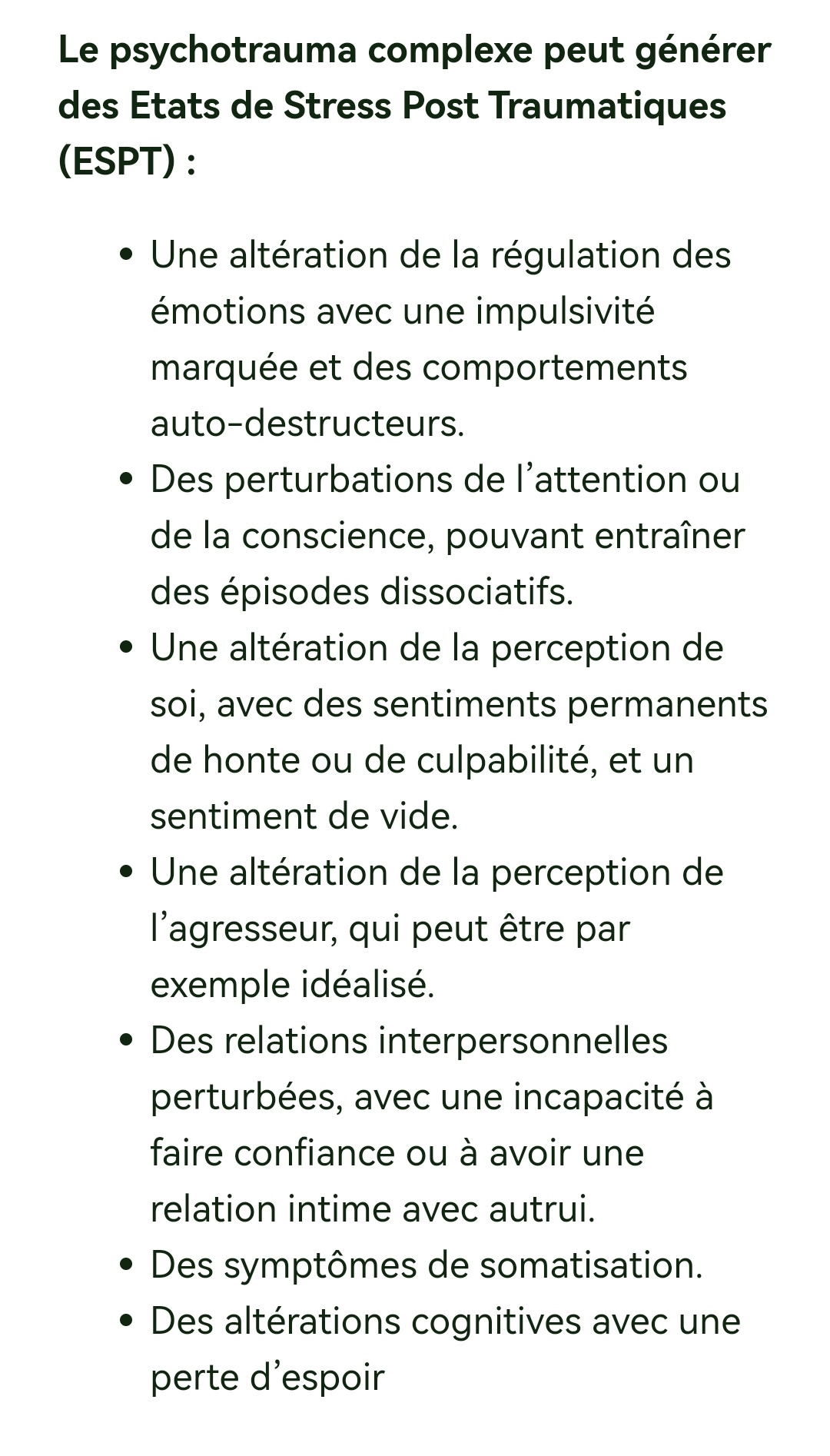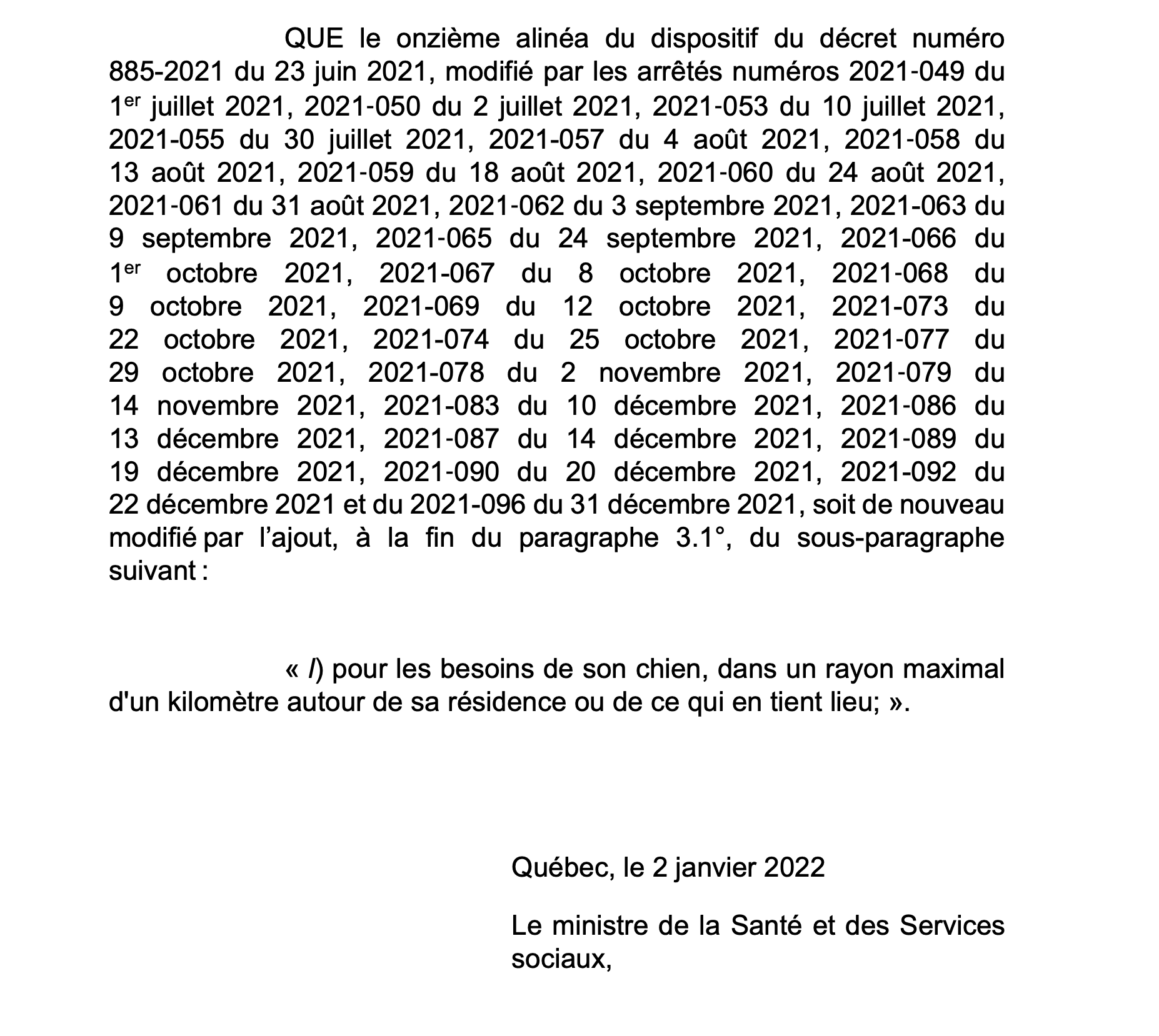Comment vous sentez-vous présentement ?
-
Échantillon aléatoire d'images jetées dans cette poubelle
-
Contenu similaire
-
- 3 280 réponses
- 304 632 vues
-
- 0 commentaire
-
Allô. Allô... Oui oui, c'est moi. Oui oui, c'est moi. Comment ça va? Oui oui, je sais
Par FabienLAmour,
- 0 commentaire
-
Voici comment obtenir gratuitement une carte-cadeau de jusqu’à 15 $ chez Dollarama
Par FabienLAmour,
- 0 commentaire
-
Foulard... Commente systématiquement mon habillement, les repas que je me fais, mon l
Par FabienLAmour,
- 0 commentaire
-





.gif.3496b96a651074e3f7db34adfdc12a87.gif)







Déchet(s) recommandé(s)
Un déchet à ajouter?
Il faudra cliquer là ou là.
Devenir éboueur
L'inscription est gratuite, rapide et presque pas humiliante.
Je suis prêt!Se connecter
Supposant bien sûr que vous ne soyez pas déjà banni.
Je veux revenir!